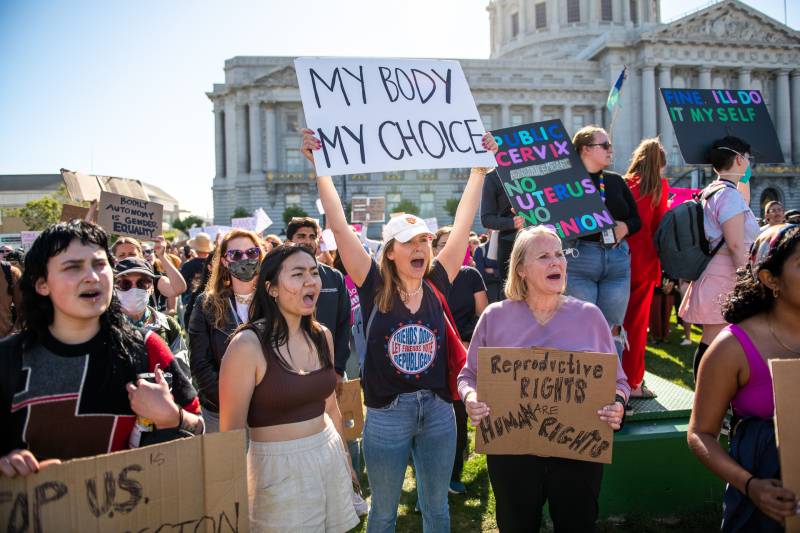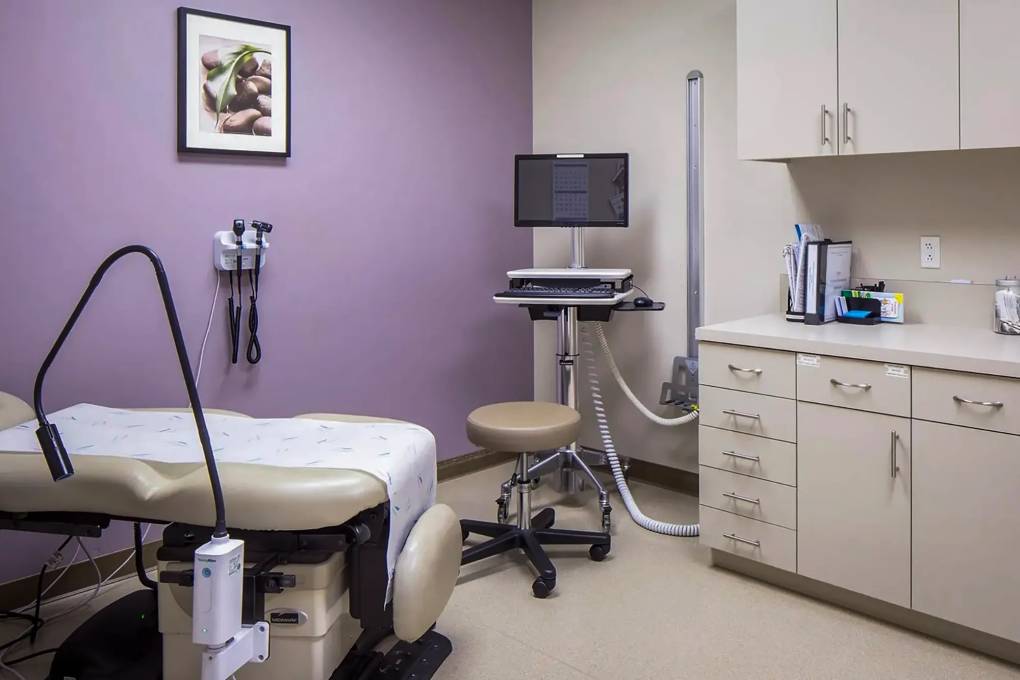California groups that help people access abortion care say final changes to the nearly $308 million state budget that lawmakers passed Wednesday night won’t help residents from other states travel here for care.
While the budget includes a $20 million “Abortion Practical Support Fund” to cover some transportation, lodging, food and child care costs for lower-income people seeking abortions, those small grants would only apply to in-state travel. That means the state would potentially help a patient from Texas, for instance, pay for a hotel room or transportation once they’re in California, but would not cover their costs to get here.
The fund will also accept private donations, but it’s unclear whether that money could be used to cover out-of-state travel expenses.
“It really means nothing if people can’t get here,” said Jessica Pinckney, executive director of Access Reproductive Justice, a California nonprofit that helps patients pay for the logistics of getting an abortion. “With increased gas prices and everything, I mean even a fairly short flight can cost, you know, close to $1,000.”
While Gov. Gavin Newsom has pledged to make California a sanctuary for people seeking abortions, his office says it wants to focus on expanding and strengthening abortion services within the state — rather than using public money to pay for interstate travel.



